This time I traveled for ten days in Southeast Asia, starting with Malaysia and then Vietnam. Let me share my feelings.
The weather in Malaysia was really good. It was 40 degrees in China, but only 26-30 degrees in Penang. As an advisor for W Labs, a subsidiary of Masverse, I was accompanied by five colleagues on this trip. Including KK, there were six of us in total. We went to attend the opening ceremony of Masverse's Web 3 hub in Penang. I was there purely for leisure, while the other two colleagues had been in Kuala Lumpur for several days, working at the Masverse office before joining us. Web 3 is really exciting.
Penang is the state with the highest proportion of Chinese (40%+) among the fourteen states in Malaysia. Chinese language is almost barrier-free here, similar to Singapore, where simplified Chinese is used. Whenever we encountered someone with a Chinese appearance, we could chat directly in Mandarin. Compared to Kuala Lumpur, Penang is more relaxed, with more delicious food and better environment. There are really good restaurants in the old districts of the island, which can all be found on Dianping.
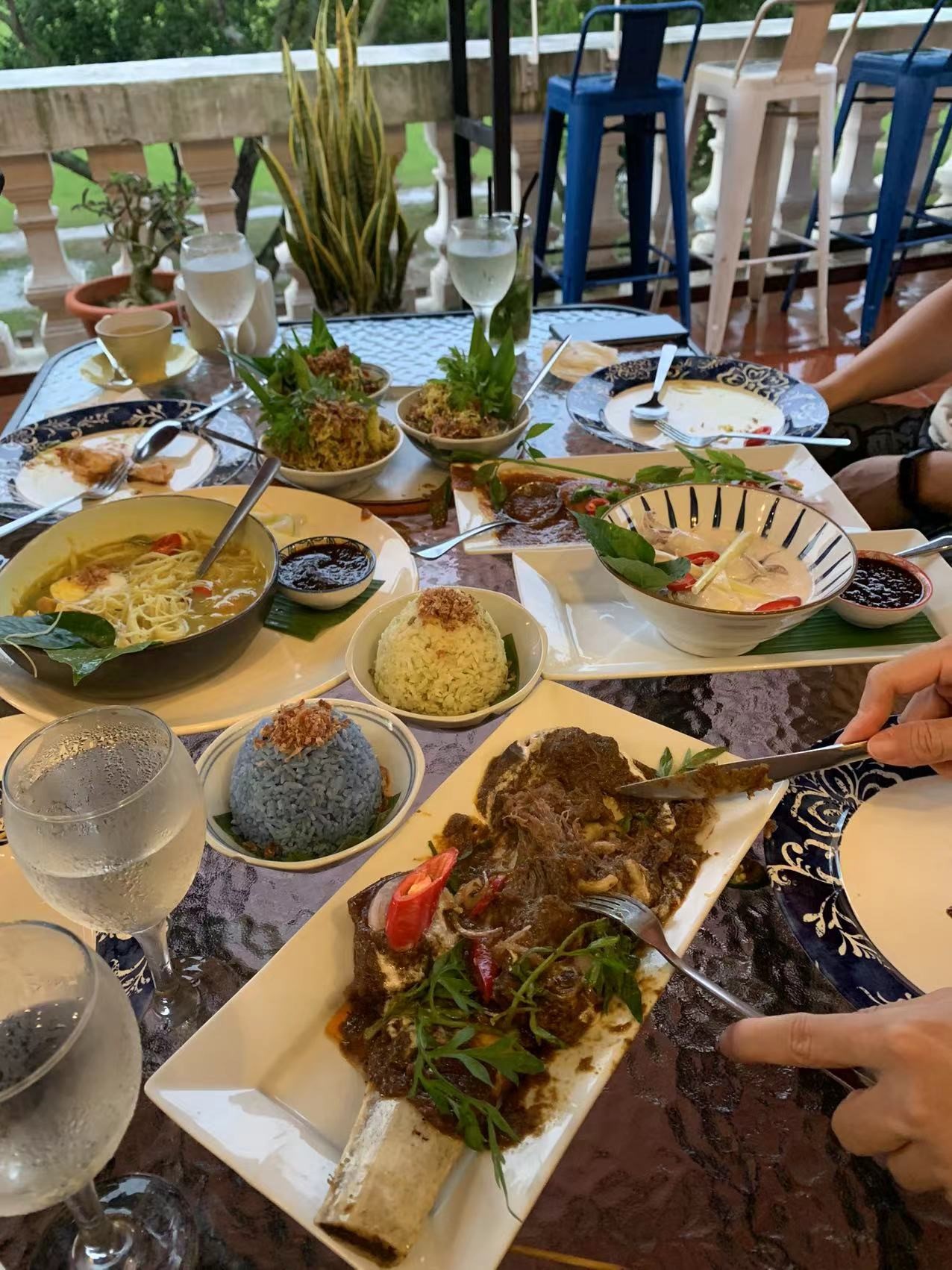
Before Masverse, the Web 3 scene in Penang was a blank slate. This time, Masverse directly set up its second office in Penang and organized such a sensational opening ceremony. They even invited leaders from the Ministry of Education and the Ministry of Energy, creating a real sensation. Many Web 3 builders drove for more than three hours from Kuala Lumpur to learn from them, trying to figure out why Masverse, which has only been established for a year, could successfully raise nearly tens of millions of dollars in funding. It is currently the number one Web 3 public chain project supported by the Malaysian government. Looking back a year ago, KK and I were eating skewers on the side of the road in Shanghai, but now he has rallied some Malaysian friends to return to Malaysia for entrepreneurial opportunities in Web 3. It really provides opportunities for young people.

Compared to Web 3, Penang is more famous for its "gambling circles". It is said that the world's largest football betting server center is located in Penang, so there is a lot of money involved in MLM (multi-level marketing) schemes in Malaysia, and the general public is more accepting of Ponzi-like products. Otherwise, after being fined billions of dollars in China, entrepreneurs Lin Ruiyang and Zhang Ting wouldn't have moved their headquarters to Malaysia.
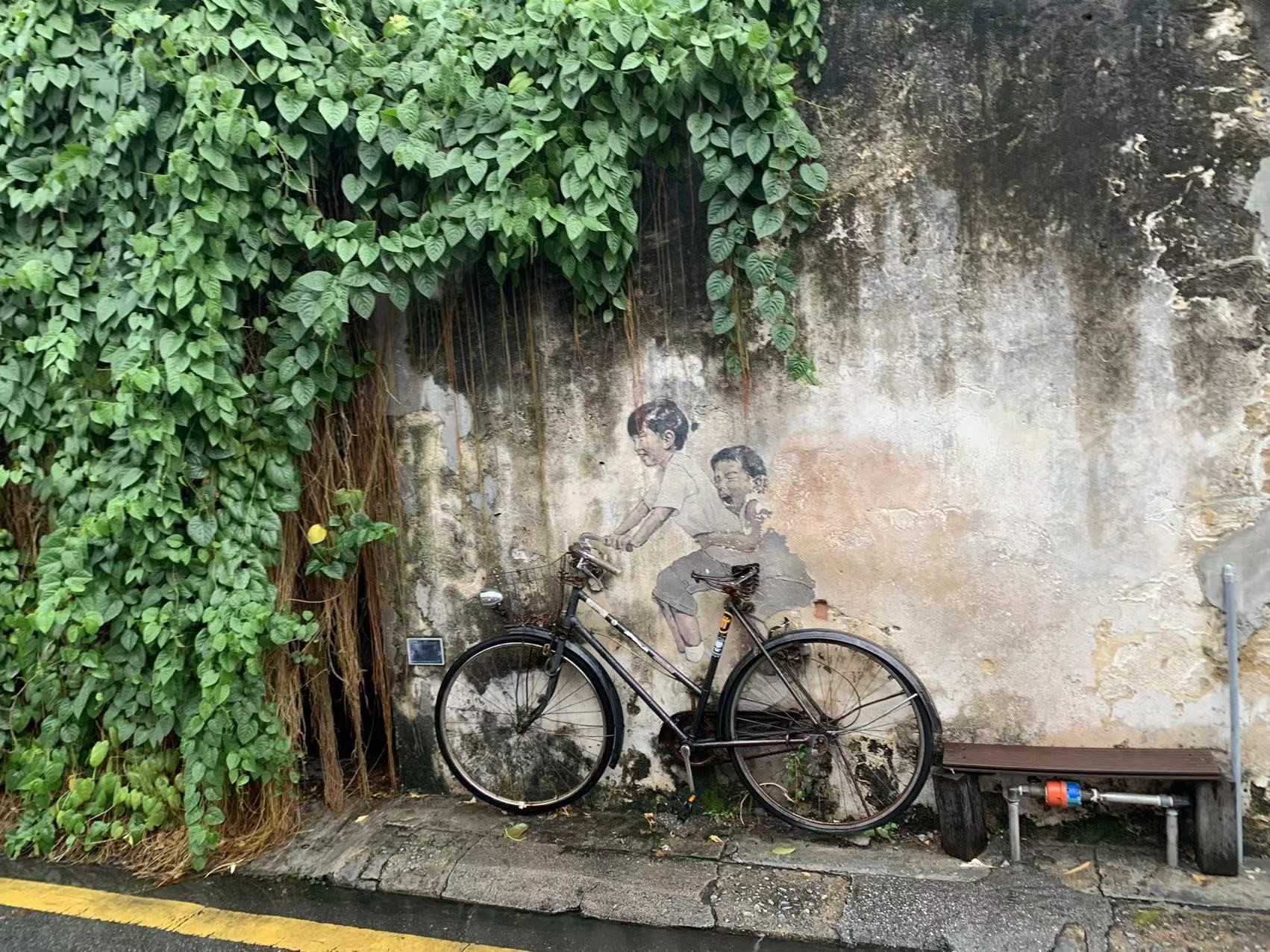
A friend went to have lunch with the youngest deputy governor of Penang. He is in charge of digital economics and highly encourages web 3.0 entrepreneurs to come to Penang. The policies, education, and lifestyle are all very good, and the costs are much lower than Singapore. It is said that the ultimate dream of the lambs (a term for investors who follow trends) to have yachts and tender models can be realized here soon, hahaha.
Stayed in Malaysia for five days, the only inconvenience is that many credit cards from domestic major banks cannot be used, whether it is UnionPay or visa/mastercard. Currently, it seems that China Merchants Bank credit cards are the best to use. Also, the efficiency of the airport is really slow, everyone entering the country needs to be patient.
I used to come to Vietnam frequently a few years ago, especially after Vietnam's overall opening to the world in 2017, I started to establish a presence in Vietnam.
A few things I felt the most in Ho Chi Minh City this time:
More and more coffee shops, fewer noodle shops. And coffee shops are becoming more and more sophisticated. Many young ladies are taking photos inside and outside the shops, and at night, everyone sits on small stools by the roadside. You can try some new types of coffee, such as the egg coffee that I really like.
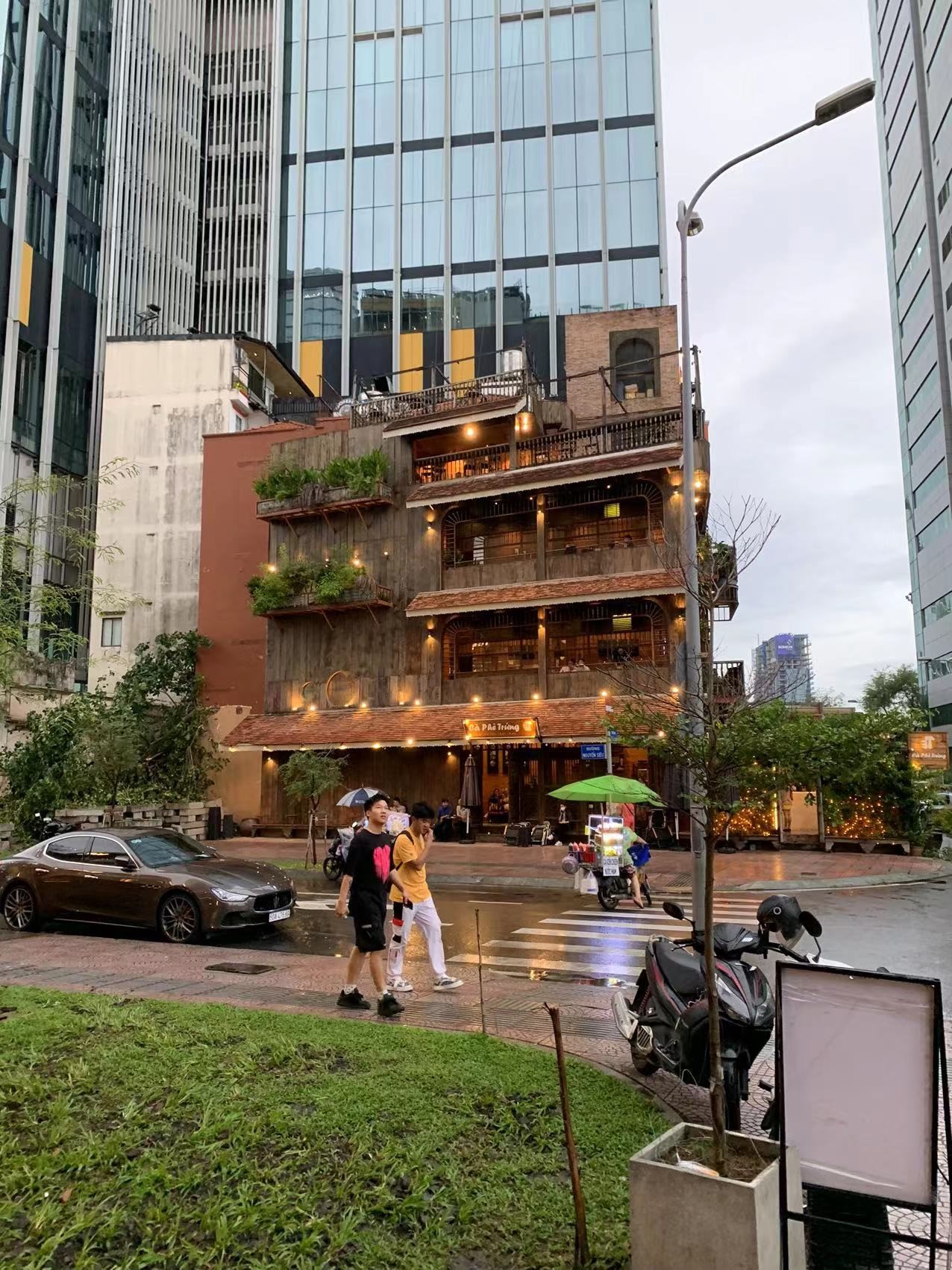
Infrastructure construction is slow, but there is still progress, and some new roads have been opened. It's just that the subway, which has been announced for five years, has not been opened. The efficiency of the Japanese construction is really incomparable with the infrastructure maniacs.
The Vietnamese economy rebounded quickly in 2022 after the epidemic, with a direct GDP growth rate of 8%, attracting global investment attention. However, the recent US interest rate hike has had a significant impact on Vietnam. Many foreign investments have partially withdrawn and returned to the United States, so the growth rate in Q1 of 2023 is only 3%, and the unemployment rate has skyrocketed. However, the exchange rate of the Vietnamese dong against the US dollar is still good because there is potential. Vietnam will still have the opportunity to undertake some manufacturing industry overflow from China in the next 5-10 years. People are optimistic about the future development.
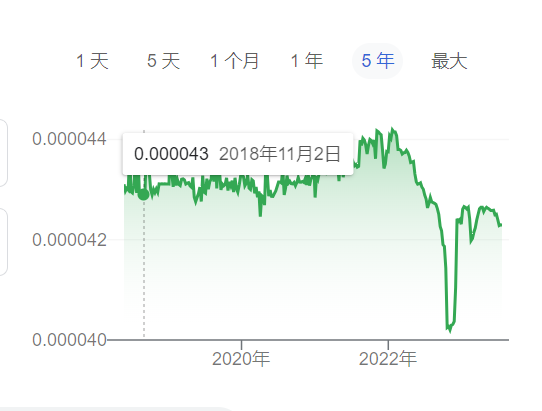
Comparing the exchange rate between the Vietnamese dong and the Chinese yuan in the past two years, there's nothing much to say...
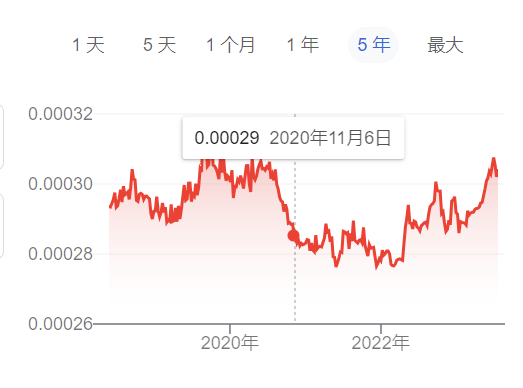
In the case of a poor economy, upper-level political struggles are also severe, and the four-horse carriage is struggling. Recently, the downfall of a high-ranking official led to a prominent Chinese female billionaire. Since the female billionaire mainly relies on real estate, it has caused stagnation in thousands of real estate projects, and a reassessment of the problems in the planning and approval processes.
The efficiency of public departments is still as poor as ever. This time, it's just a matter of transferring some accounts at the counter, spending four days running back and forth in the bank. Fortunately, the tellers at major banks are really beautiful, and there are even several beautiful mixed-race girls. When bored, I appreciate them more and chat a bit more when handling business. I don't know if it's currently a common problem for young people to return to the system in socialist countries.
This time in Ho Chi Minh City, I mainly dealt with some business related to WEB 2.0. I didn't have much contact with WEB 3.0 friends, but I had some feelings after chatting.
First, strict government control; second, there are many "earth dog" (referring to certain types of digital assets) and Ponzi schemes; third, Axie has driven many teams to develop applications in the previous cycle, and they have all gone abroad if they do well.
Personally, I feel that I still haven't grasped the core points of web 3.0 in Vietnam. If anyone can recommend excellent teams or KOLs (Key Opinion Leaders) in Vietnam, I would be very grateful~